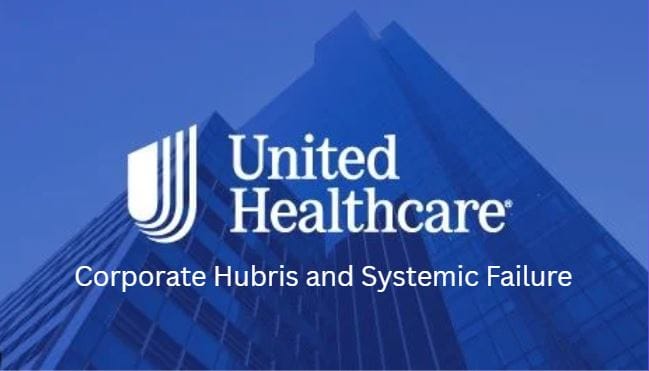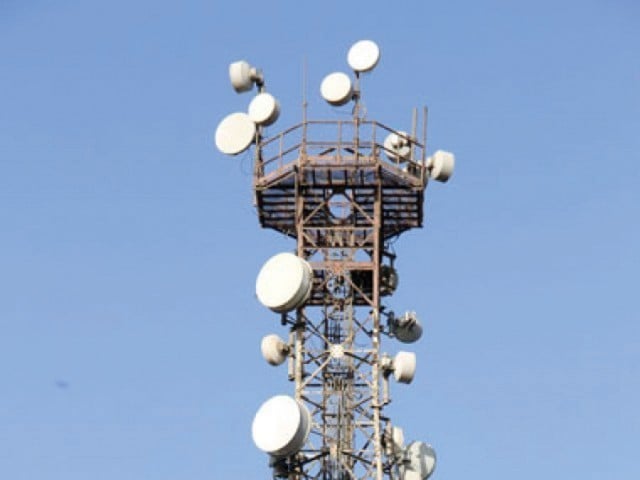United Healthscare of America - The End
News broke that the U.S. Department of Justice had launched a criminal investigation into UnitedHealth Group for possible Medicare fraud, focusing on its Medicare Advantage business.

May 14, 2025: News broke that the U.S. Department of Justice had launched a criminal investigation into UnitedHealth Group for possible Medicare fraud, focusing on its Medicare Advantage business. The probe centers on allegations of upcoding-exaggerating patient diagnoses to receive higher payments from Medicare. The DOJ’s healthcare-fraud unit has been investigating since at least the previous summer, suggesting that the company’s legal troubles have been building for months
UnitedHealthcare’s unraveling after the shocking murder of its CEO in December 2024 is not just a tale of one company’s misfortunes-it’s a cautionary saga about what happens when a corporation prioritizes profit and opacity over integrity, transparency, and care. The company’s journey mirrors the fate of other industry giants brought low by their own hubris, such as Enron’s collapse in 2001 or the Wells Fargo fake accounts scandal in 2016. In each case, the seeds of disaster were sown long before the crisis became public.
Below is a detailed, chronological account of the travails and mishaps that have beset UnitedHealthcare since that event, culminating in the latest criminal fraud probe.
Winter 2024–2025: Corporate Paralysis and Strategic Missteps
- Leadership Vacuum: The sudden loss of Thompson created instability at the executive level. The company struggled to present a coherent response to the crisis, with communications to investors and the public criticized as opaque and evasive.
- Shareholder Lawsuits: On May 7, 2025, shareholders filed a class-action suit alleging UnitedHealthcare failed to disclose the impact of the CEO’s murder on its financial stability and had misled investors by maintaining profit guidance that was no longer achievable after the company covertly shifted away from its most aggressive denial practices.
- Stock Collapse: UnitedHealth’s stock price dropped precipitously, losing 23% of its value by May and erasing $119 billion in market capitalization after the company revised its 2025 profit forecast downward in April.
Operational and Ethical Failures Exposed
- Aggressive Denial Practices: UnitedHealthcare had been under fire for using artificial intelligence and opaque algorithms to deny claims, particularly for vulnerable Medicare Advantage patients. Senate and media investigations in late 2024 highlighted a surge in prior authorization denials, described as a “stain” on Thompson’s leadership.
- Change in Strategy: After the murder, UnitedHealthcare quietly pivoted away from its most aggressive denial tactics, but failed to disclose this to investors. This policy shift, combined with rising care costs, contributed to the company missing its Q1 earnings target in April 2025.
- Public and Political Backlash: The company’s practices became a lightning rod for criticism, with patient advocates, politicians, and even some shareholders demanding accountability and reform.
Legal and Regulatory Escalation
- Medicare Advantage Fraud Allegations: The U.S. Department of Justice (DOJ) launched a criminal investigation into UnitedHealthcare’s Medicare Advantage billing practices. The probe centers on allegations of “upcoding”-the practice of inflating patient diagnoses to obtain higher payments from Medicare. DOJ investigators are examining whether UnitedHealth used in-home health risk assessments and chart reviews to diagnose enrollees with obscure, revenue-generating conditions that may not have been clinically relevant or accurate.
- Scale of Alleged Fraud: In 2021 alone, these practices allegedly resulted in $8.7 billion in extra payments to UnitedHealthcare. The DOJ’s healthcare-fraud unit has been investigating since at least the summer of 2024, and the company’s own physician groups are under scrutiny for disproportionately high increases in patient “sickness scores,” which drive higher Medicare payments.
- Civil Fraud Case: Separately, UnitedHealth recently won a ruling in a long-running civil fraud case, but the DOJ is appealing, and new investigations are ongoing.
- Political Scrutiny: Senator Chuck Grassley and other lawmakers have launched parallel inquiries into UnitedHealth’s billing practices, citing concerns about fraud, waste, and abuse in the Medicare Advantage program.
The company’s failure to transparently address these issues, combined with ongoing legal and regulatory scrutiny, has left its reputation and financial standing in jeopardy
What Went Wrong:
1. Ignoring the Human Cost
For years, UnitedHealthcare leaned heavily on algorithms and aggressive denial tactics to maximize profits-often at the expense of patient care. This strategy, while lucrative in the short term, fostered resentment and mistrust among patients, doctors, and the public.
2. Crisis Mismanagement and Lack of Transparency
After the CEO’s murder, the company’s response was slow, opaque, and defensive. Leadership failed to communicate honestly with stakeholders about the impact of the tragedy and the necessary changes to business practices.
3. Underestimating Regulatory and Legal Risks
Even as government scrutiny intensified, UnitedHealthcare continued questionable billing practices (upcoding, aggressive denials) and failed to adjust its public disclosures or risk management. When the DOJ launched a criminal probe, the company was caught flat-footed.
4. Leadership Instability and Poor Governance
The abrupt leadership changes, insider trading allegations, and boardroom infighting after the CEO’s murder signaled deeper governance problems. The lack of a clear, ethical vision from the top undermined confidence among employees, investors, and the public.
UnitedHealthcare’s story is a stark reminder that no amount of short-term profit can compensate for the long-term damage caused by neglecting ethics, transparency, and the needs of those you serve. In healthcare-and in any industry-organizations must remember that trust, once lost, is hard to regain. The lesson is clear: lead with integrity, or risk losing everything.











